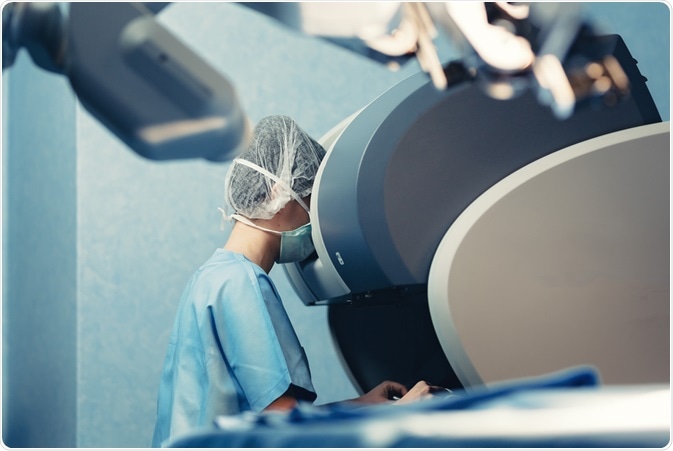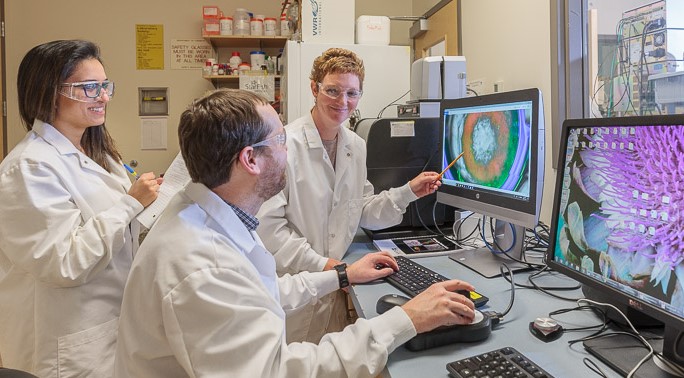
Advancing Remote Surgery: Cutting-Edge Innovations

Advancing Remote Surgery: Cutting-Edge Innovations
In the realm of medical science, remote surgery has emerged as a groundbreaking field, bringing together technological advancements and surgical expertise. This article explores the latest innovations in remote surgery, showcasing the incredible progress made in this specialized area of healthcare.
Revolutionizing Surgical Procedures
Remote surgery, also known as telesurgery, has been a revolutionary force in modern medicine. The convergence of robotics, artificial intelligence (AI), and high-speed communication technologies has paved the way for performing surgical procedures from a distance. Surgeons can now operate on patients located miles away, transcending geographical barriers and enhancing access to specialized healthcare.
Precision and Efficiency through Robotics
One of the key drivers of remote surgery advancements is the integration of robotic systems into surgical procedures. These robotic assistants, controlled by skilled surgeons, offer unparalleled precision and dexterity. They enable minimally invasive surgeries with smaller incisions, leading to reduced recovery times and minimized postoperative discomfort for patients.
Telecommunication Technologies in the Operating Room
The role of telecommunication technologies in remote surgery cannot be overstated. High-speed and low-latency networks are crucial for ensuring real-time communication between the surgical team and the robotic systems. This seamless connection allows for immediate responses to

